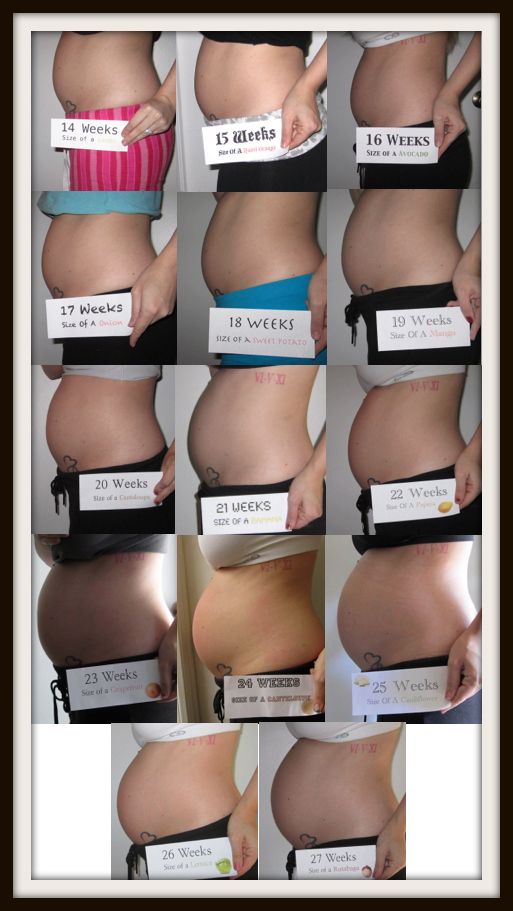How to punish a child for swearing
How to Punish Your Child for Swearing: The Appropriate Ways
August 15, 2021 August 21, 2021
27 shares
- Share
- Tweet
Last Updated on August 21, 2021.
It’s a terrible feeling when you find out your child has been swearing. How do you punish your child for swearing? How much should the punishment be? Will the lesson help in the future? These are all questions that parents have about punishing their children for using swear words. This blog post is going to help you determine how to punish your child for swearing and more so that you can curb your child’s swearing habit!
7 Effective Consequences to Swearing
Are you wondering how to punish your child for swearing? Here are 7 effective consequences you can try.
Use a family swear jar.
Implement a family swear jar to stop everyone in the house from using naughty language. Every time someone swears, they have to put a dollar in the jar.
Loss of privileges
When your kids use foul language, they lose privileges. This can be effective because they’re going to want their privileges back. It’s not exactly in line with positive parenting strategies, but some parents find this works in extreme situations.
Write an apology letter to a family member, friend, teacher, etc.
An apology letter can be effective too. Kids tend to feel guilty when they write about their transgression and want to change their behavior for the better.
Work service hours for their wrongdoing
You could put kids to work for their misbehavior! Require extra chores for bad language.
Write a letter to themselves about their wrongdoing
Have kids write a letter to themselves about why they owe it to themselves to improve their language.
Have an honest discussion about what they did
Connection and conversation can sometimes do the trick. If you have a conversation with them about what they’re doing wrong and how it makes you feel, you might be able to encourage them to stop swearing.
If you have a conversation with them about what they’re doing wrong and how it makes you feel, you might be able to encourage them to stop swearing.
Why Kids Swear
It’s human nature to do things we aren’t allowed to do. When children see their parents swearing, they start to think it’s alright for them to swear too. Children are also learning and mimicking all of the bad things that happen in a day–including when you swear at someone or something!
Consider if a Punishment is Necessary
Do you need to punish them for their bad language? How much punishment is appropriate? How will this lesson help in the future?
These are some important questions to ask yourself before punishing your child for swearing. Remember, every parent’s situation is different and what works for one might not work for another!
How to React When Kids Swear
There are two effective reactions to kids swearing.
- Ignore it. Sometimes, ignoring mildly bad language will just make it go away.
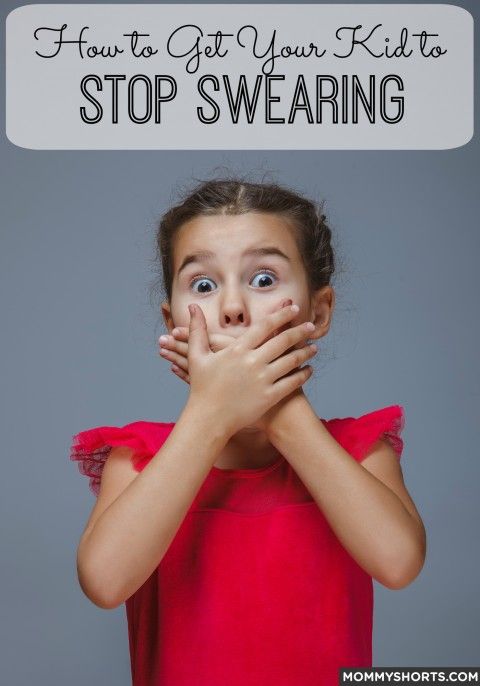 Kids might be trying to get attention. And if their attention-seeking behavior doesn’t pay off, they’ll give it up.
Kids might be trying to get attention. And if their attention-seeking behavior doesn’t pay off, they’ll give it up. - Keep your cool and be direct. Say “Your language is unacceptable.” And if you’ve discussed a consequence ahead of time, implement it now.
Tips for Keeping Your Cool
- Know that this too shall pass. You’ll feel better if you can just go about your day and wait it out–even though it might be tough.
- Take a deep breath before reacting to their swearing. Why not try counting to ten or twenty under your breath?
- Talk yourself down from anger by telling yourself, “My child is an individual with their own thoughts and feelings. How I react is partly how they will feel about themselves.”
- Talk to yourself or a friend out loud–anyone but the child! You can vent your frustration without hurting anyone’s feelings.
How to Prevent Swearing
- Don’t swear in front of your child
- Establish rules about what’s allowed and not allowed when it comes to language.
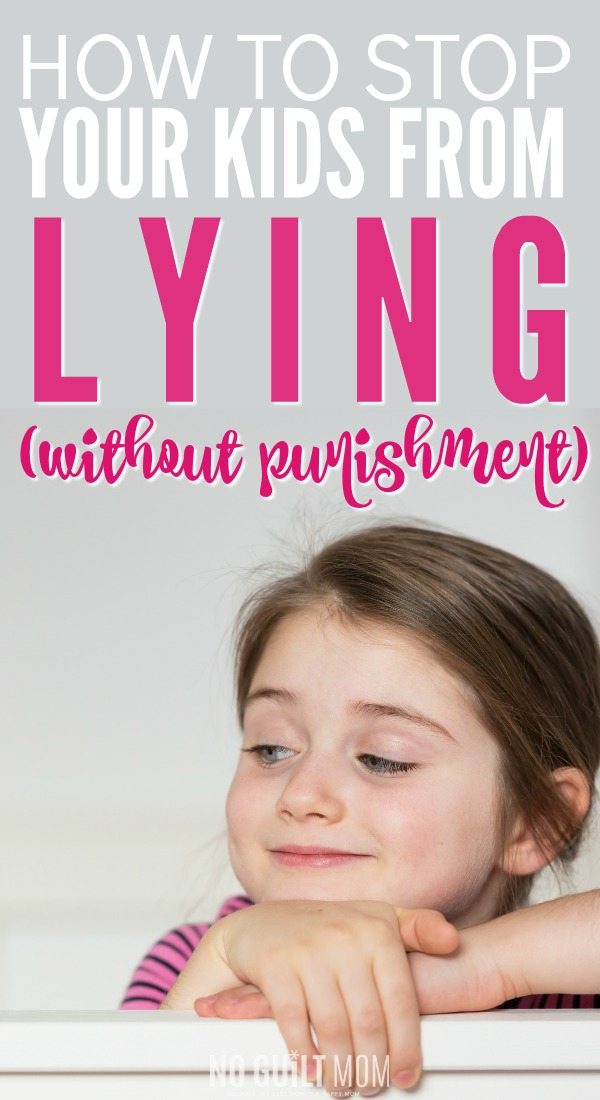 When things are “off-limits,” they’ll want them more!
When things are “off-limits,” they’ll want them more! - Know the difference between “bad words” and “swears.” Swear words are phrases that are meant to offend someone. Bad words are usually four-letter curse words.
- Praise good language. For instance, if your child says “shoot” or “dang” instead of using a swear word, praise them!
The Bottom Line
If you’re tired of hearing foul language in the house, these are some tried and true ways to get their attention. I hope you’ve learned a few tricks on how to punish your child for swearing. But remember: every kid is different so what works for one might not work for another!
What You Should Do Next…
1. Snag Our Connected Parent Challenge
Are you ready for more activities to build a rock-solid bond with your kids? Try our Connected Parent Challenge! It’s 15 Days of 15 Minute activities that are sure to improve your connection, diminish bad behavior, and create lasting memories. Plus, I’ll deliver more amazing parenting strategies to your inbox weekly (don’t worry, unsubscribe any time!).
2. Join Our Free Online Community
Connect with like-minded moms (and dads!) in our free online community. You’ll find a plethora of resources to help you through your parenting challenges. Plus, you’ll find me there! And I’d love to connect.
3. Take a Free 60-Minute Parenting Webinar
Do you need actionable strategies right now? Register for this free 60-minute webinar titled How to Get Kids to Listen, Without Nagging, Yelling or Losing Control. You’ll walk away with parent-tested tactics to get your kids to listen starting today.
6 Creative Punishments for Cursing
Are there any alternatives to washing a kid’s mouth out with soap when they swear or use bad words?
Well, gosh, thanks for asking! Of course there are! As parents, we just need to get creative with the punishments we’re using when kids curse.
So, let me underscore this. You are better at parenting than to resort to an ‘easy’ tactic like washing a kid’s mouth out. It’s easy because it’s the gut reaction for you. Your kid swore at you. You’re a human- of course you’re upset!
It’s easy because it’s the gut reaction for you. Your kid swore at you. You’re a human- of course you’re upset!
But washing their mouth out with soap (or using hot sauce, or whatever spray) doesn’t teach the lesson not to swear. It teaches the lesson that you are still bigger and scarier and (for the time being) can physically overpower them.
So let’s find some alternatives to washing kid’s mouth out with soap; it’s dangerous, and it’s a gray area of child abuse. At best, it’s ineffective. At worst, it’s traumatic.
Keep reading after I give you some ideas about creative punishments for cursing because it’s also important to address swearing with prevention, and monitoring your reaction in the moment. But we’ll start with the consequences- because that’s what you’re here for!
5 Creative Punishments for Cursing
I want to give you a word of guidance about selecting a punishment for cursing for your child. The key to coming up with punishments or consequences is to find one that you can and will follow-through on. So, you need to find one that’s not a burden to you. If you find yourself reading through these thinking, “I’d never be able to get them to do that!” I would encourage you to keep looking and brainstorming until you can figure out what will work best for you.
So, you need to find one that’s not a burden to you. If you find yourself reading through these thinking, “I’d never be able to get them to do that!” I would encourage you to keep looking and brainstorming until you can figure out what will work best for you.
1. Write a letter/poem/creative writing piece about the positive aspects about whatever they were swearing at
So, if they saying, “I f***ng hate school” then they’d need to write something about the positive aspects of school. This exercise will help them learn to see that there’s good in everything if you look hard enough.
2. Do something kind for that person, or a good deed for the day if it was general swearing
Why is using bad language such a problem in the first place? Partly, because it can be very hateful. This one is especially poignant for a kid who curses at you. If your son or daughter calls you a bitch, then they have to do something nice for you. It could be up to you to choose; if they’re old enough, they could make dinner that night. Or you could let them surprise you with something nice.
Or you could let them surprise you with something nice.
3. Have them brainstorm more creative non-swear words they could use next time
There’s a common belief that cussing indicates a person has a limited vocabularly, and limited intellect. This study put that to the test, and found reason to disagree with that long-held belief. But why use cuss words when there are excellent words like, “curmudgeon” “flibbertigibbet” and “abhor.”
4. Ask your kid what they would do/what consequence they think they might deserve
If you really want to watch your child squirm, this is the creative punishment for cursing you’ll want to use. Kids typically inflict a much stronger consequence on themselves than you would have. Which can leave you smelling like a rose if you impose a lesser punishment after their suggestion.
5. “If you can’t say anything nice, don’t say anything at all.”
You can lock down their email, social media, phone, etc. You may have to change the wifi password, or physically take their phone/tablet/computer for this.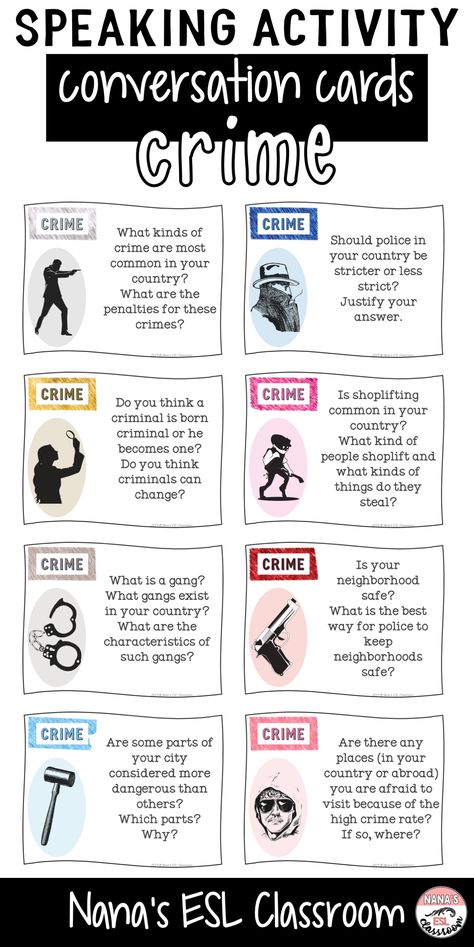 The point would be to remove the privilege of speaking to other people. Yes, this is pretty much like grounding, but the phrasing and reasoning sets the tone for the punishment to fit the crime a little better. Depending on the severity, you could choose for this to last for an afternoon, or a week. You’ve got the power!
The point would be to remove the privilege of speaking to other people. Yes, this is pretty much like grounding, but the phrasing and reasoning sets the tone for the punishment to fit the crime a little better. Depending on the severity, you could choose for this to last for an afternoon, or a week. You’ve got the power!
6. Have them create something pretty
This ties in nicely with punishments 1 and 2. The other half of the problem with cussing is that it’s ugly and offensive (in addition to potentially being hateful.). We addressed the hate part by giving the consequence that your son or daughter practice kindness and learn to see the good in things. We’ll address the problem of swearing being ugly by requiring your kid to create something to beautify the space. Go with their strengths here- it could be a song, could be a craft, it could be cleaning or organizing. Use whatever particular skill set makes most sense.
Prevention: How To Stop Cussing Before It Starts
This, of course, is the gold standard- preventing the need to come up with creative consequences in the first place!! Here are a few quick tips.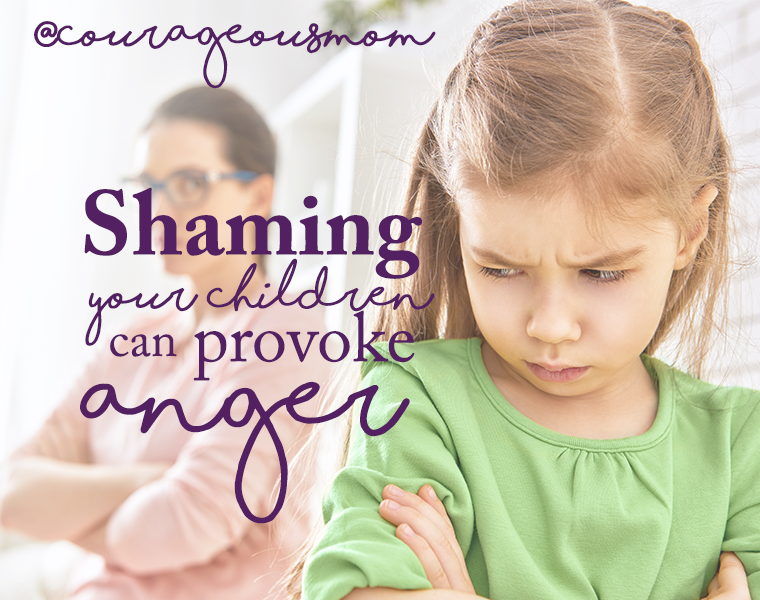
- Watch your own language.
- Monitor your kid’s peers. Telling them they can’t be friends with Mason will probably backfire; but you can fill their time with other positive activities and people to limit the amount of time they can hang out with Mason.
- Proactively discuss foul language with your kid. Giving them the time and space to ask questions about what words actually mean will take some of the mystique out of swearing. If they seem hesitant to start the conversation, dive in first and start with something on the tamer end. Like defining that the word ‘shit’ just means ‘poop.’ It might encourage them to open up if they see you discussing these words with a straight face.
- Monitor their social/media intake. When your kid swears at you, your first reaction is usually anger. The second reaction is “I have NO idea where they learned that from!” And if you generally feel comfortable with friends and the people they’re around, you probably need to take a good look at what they’re watching.
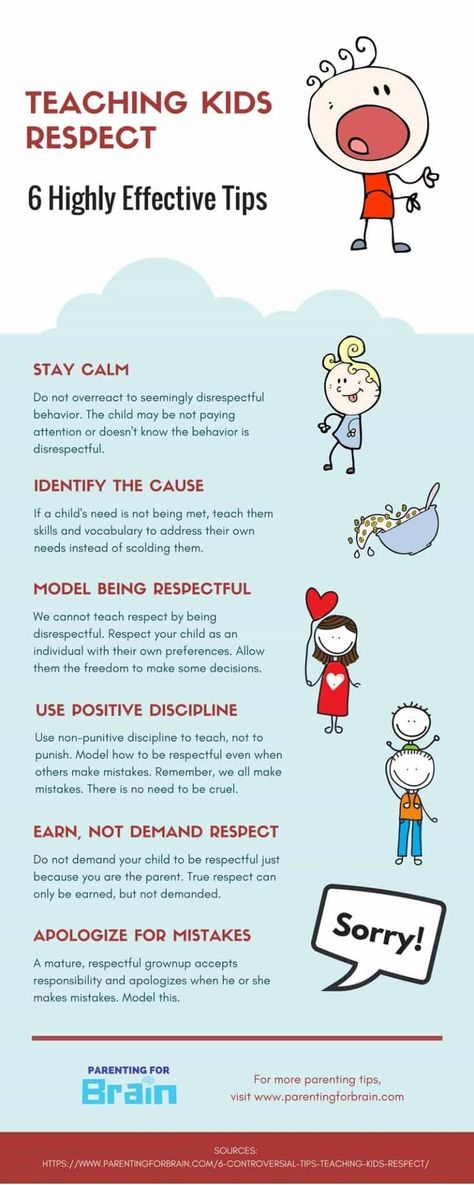 YouTube is a minefield, but so can anywhere your kid thinks they’re operating out of your view. Make sure you know what they’re up to online, and what they’re watching on TV.
YouTube is a minefield, but so can anywhere your kid thinks they’re operating out of your view. Make sure you know what they’re up to online, and what they’re watching on TV.
Reacting to Your Kid Swearing
Stay calm
Reacting in a big way reinforces that this is a way for your kid to get attention. Whether it’s blowing your top, or giggling, this isn’t helpful if your aim is to stop your kid from swearing. The best thing to do is remain as neutral as possible while you tell them this isn’t okay.
Decide if cursing is something you want to punish
For some families, swearing isn’t a huge deal. And there’s an interesting argument that cursing is the last step to mastering a language. You might feel that this is developmentally appropriate, and just needs to be reined in. Maybe some places or words are OK in your family (see considerations for kids kids with ADHD, ODD, IED etc.) Figure out where you and your partner stand on this, and if this is a battle you want to fight.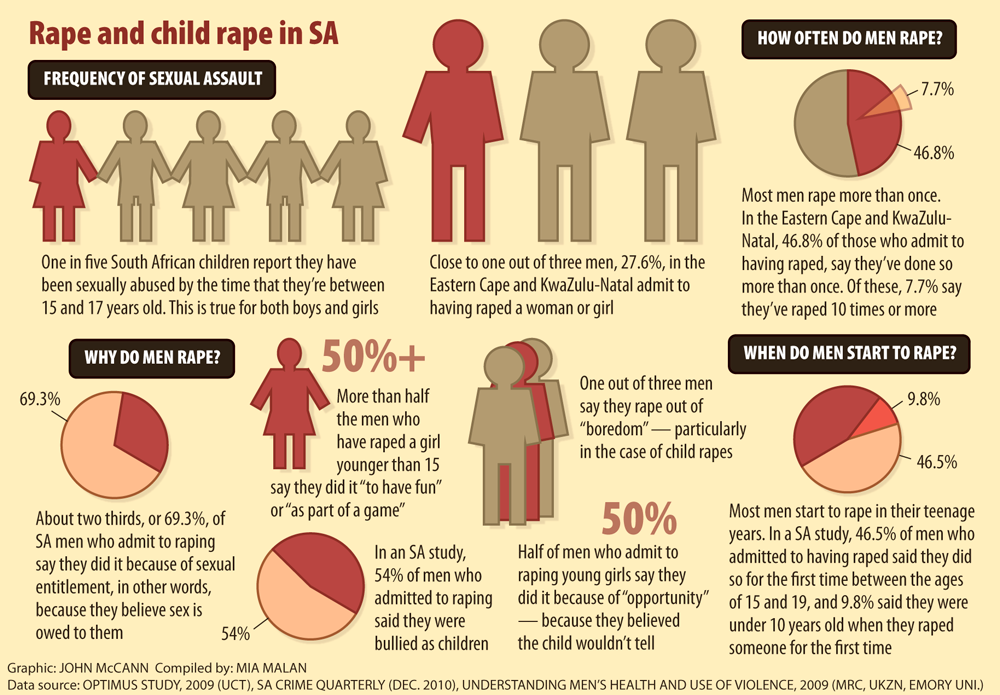
Choose a punishment that fits the crime
When your kid cussed, was it experimentation? Does your kid actually know what the word means? Or, was the foul language meant to be hateful? Those are 3 different behaviors, and they need 3 different types of consequences.
(Everyone) calm down before enforcing any of the creative punishments for cursing.
Once your kid has their anger under control, the punishment will be more effective. And (bonus!) enforcing the consequence will be easier for you. Also, you’ll feel better knowing that you didn’t end up parenting out of anger, so you don’t have to go to bed tonight with a knot in your stomach!
This is probably the best thing you can do if you are trying to find alternatives to washing your kid’s mouth out with soap. Because, when you’re stressed and angry, cortisol floods your brain and you aren’t thinking clearly. But if you give yourself a chance to cool down you’ll be able to find a consequence for cussing that actually makes sense.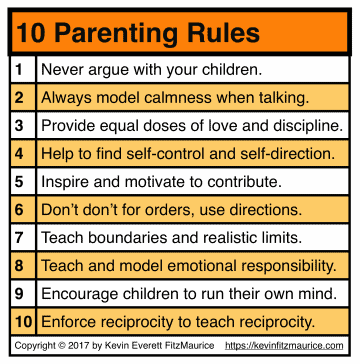 The easiest way to accomplish this might be to send your kid to their room while everyone takes a beat.
The easiest way to accomplish this might be to send your kid to their room while everyone takes a beat.
Considerations for kids with Oppositional Defiant Disorder (ODD), ADHD, Autism and more
If your kid has ADHD, Oppositional Defiant Disorder, Intermittent Explosive Disorder, Autism, Sensory Processing Disorder, or any number of learning disabilities, mental illness or special needs you already know that the typical discipline ‘rules’ need a little tweaking to make sense in your family. So, here are some special considerations about implementing creative punishments for cursing
- Avoid complicated rules about swearing. Generalization and learning social situations and impulse control is hard. Don’t over complicate it. You’re not being too strict of a parent if you tell a 12-year-old “no swearing, ever, anywhere.” You’re keeping the rules simple and easier to remember. You’re setting them up for success.
- Monitoring their intake is even more important.
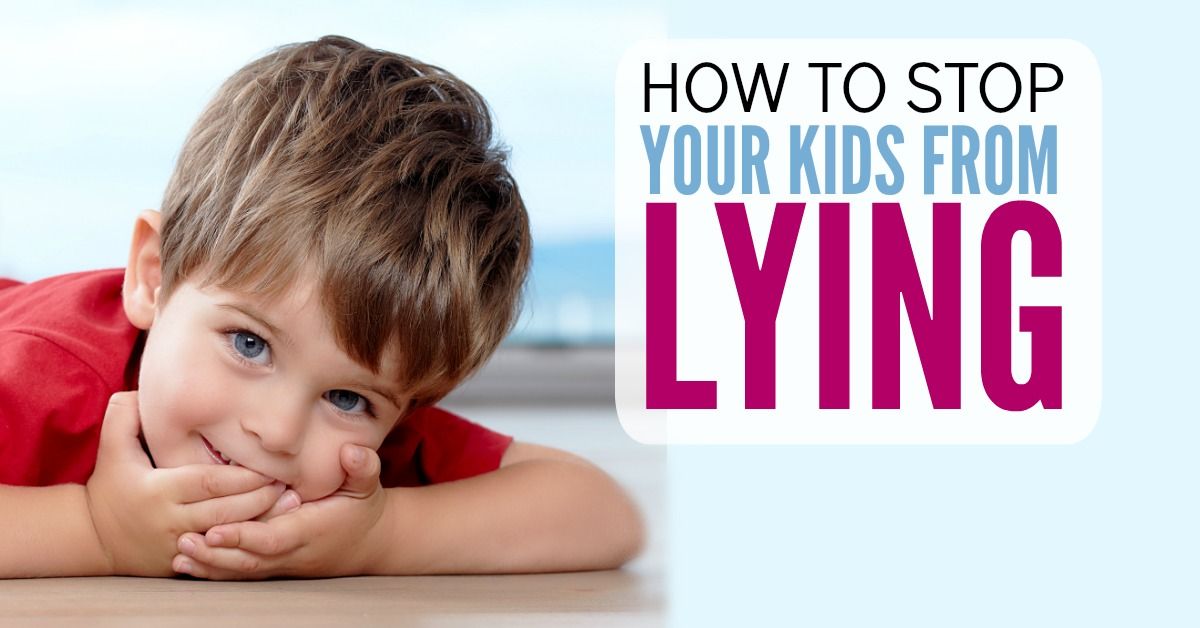 If your kids don’t know bad words, then they can’t say them. But I know, that ship has already sailed if you’re here.
If your kids don’t know bad words, then they can’t say them. But I know, that ship has already sailed if you’re here. - Teach kids to express anger in safe ways. Kids with ODD and IED are going to need a safe place to explode, so if you hear cussing while they’re in their room raging, it’s probably not worth the fight to address it.
- Don’t give a consequence for something that happens during a rage if you can help it. Your kid was out of control when they were acting that way, so you’re better off dealing with the root cause of the meltdown than giving a punishment for swearing during it.
You may already know from experience that ADHD and foul language often go hand in hand. If you’re finding that your child is having a hard time controlling themselves and their language, I would recommend some additional reading on impulse control and self-control:
Impulse Control Strategies for Kids
Impulse Control for Teens
Impulse Activities for Kids: Teaching the Basics
11 Impulse Control Games You’ll Actually Want To Play With Your Kids
Which of the 6 Creative Punishments for Cursing Will You Use?
It’s always best to be prepared, so make sure to tuck away one (or two!) of these consequences for swearing in your back pocket for when you need it!
And make sure to sign up for the weekly newsletter so you don’t miss any of the useful and practical tips I share about parenting kids with challenging behaviors!
Related Posts
- Should You Be Starting A Journal For Your Child?
- Parenting With A Plan
- An Easier Way to Being A More Patient Parent
Pin It!
How to properly punish a child: 10 important rules
One of the eternal questions of parents, a cause for anxiety and worry, heated discussions and disputes - should children be punished or not? And if yes, then how to do it right, so as not to harm the unstable child's psyche? And if you do not punish, then where is the guarantee that the child will not grow up as a spoiled egoist, ready at any moment to sit on the neck of kind-hearted parents and turn into a real tormentor? About this "Oh!" said family psychotherapist and clinical psychologist Maria Merolaeva.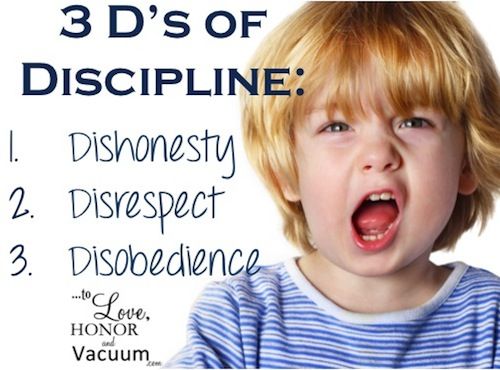
Maria Merolaeva, clinical psychologist, family psychotherapist
Some parents believe that a child is a source of sins and vices, it is necessary to punish him, using physical force, not sparing, otherwise nothing good will grow out of him. As a rule, they defend their position by saying that “we were beaten in childhood, and we grew up to be good people”, citing as an example those who grew up “not very”, which means, most likely, “they beat us a little”. The meaning of such a model of education is to subordinate the will of the child to himself, "so that he does not do stupid things."
The other extreme is to avoid any punishment, justifying it by saying that the child is “small, he just doesn’t understand what he is doing, he doesn’t do it on purpose, you just need to be able to negotiate with him” and so on. Thus, parents, without noticing it themselves, remove responsibility from their child. This model has become widespread in connection with the growth of the "value of the child" and denies the very idea of \u200b\u200bthe family hierarchy.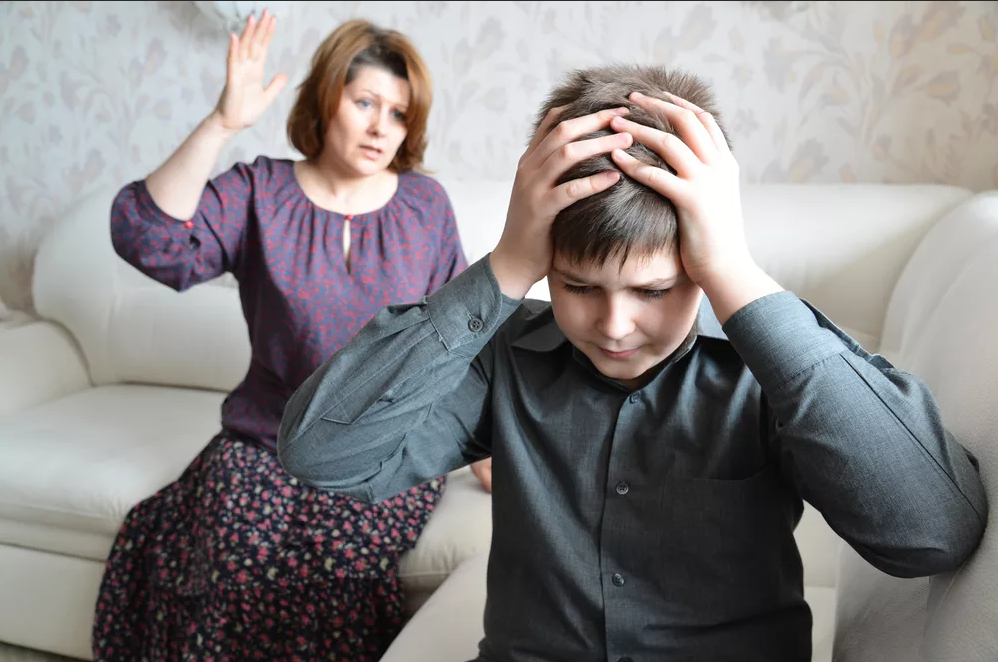
In fact, neither the first nor the second option is allowed. It is impossible to use physical and moral violence (to threaten, not to talk, blackmail, shout) to a child in any case. Of course, there are cases when a parent, under the influence of emotions, loses control and can spank or raise his voice, but deliberately making a child suffer means not leaving him a chance to develop such feelings as compassion, regret, not giving him the opportunity to realize that he is important and expensive.
Most often, parents leave the child completely unpunished, who are afraid of offending him, harming him, perhaps giving in to children's tantrums and anger, trying by any means to minimize their manifestations, or in the case of pedagogical neglect, when there is simply no strength to educate and it is easier to be allowed to do whatever you want than to try to change the behavior of the baby.
To figure out how to punish a child in a way that makes sense, you need to understand what punishment is, what is its purpose? What do we as parents want to achieve by punishing our children?
Etymologically, the word "punishment" comes from the verb "to show" - that is, to instruct, show.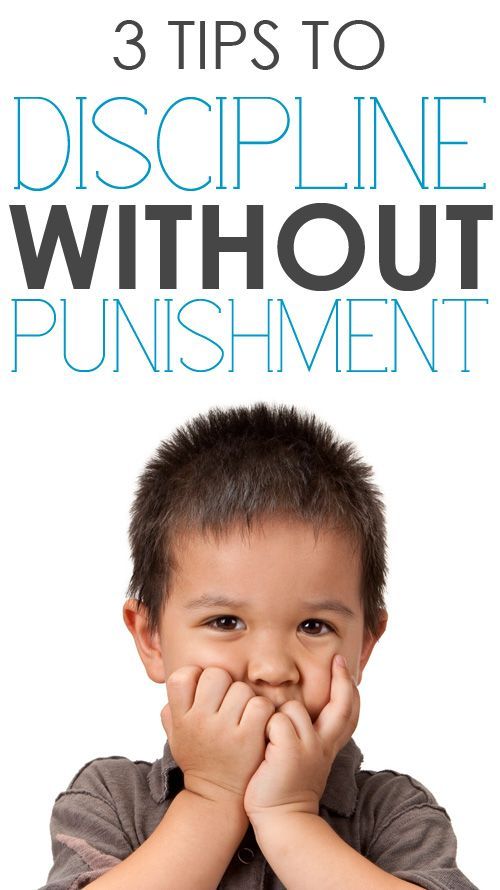 Then it is logical that "punishment" is something that we use to direct the child on the right path, to outline for him the boundaries of what is permitted. As a rule, when punishing, we want the best for our children - so that they understand what is good and what is bad, grow up as "real", "worthy" people, do not make irreparable mistakes in their lives, become better than us.
Then it is logical that "punishment" is something that we use to direct the child on the right path, to outline for him the boundaries of what is permitted. As a rule, when punishing, we want the best for our children - so that they understand what is good and what is bad, grow up as "real", "worthy" people, do not make irreparable mistakes in their lives, become better than us.
Then the next question is: what should be the punishment for the child to really realize that he did wrong, learn from what happened and learn from the experience? Will we achieve these lofty goals by raising a child with the help of carrots and sticks? Of course not. The only thing we can teach with such methods is to be afraid of punishments and parents, to try to earn encouragement, rewards - and all this without really thinking about what happened.
In order for punishment to be useful, and not just a way to relieve an upset, tired, helpless parent, the following rules must be observed:
-
The main rule stems from the basic need that every child has - the need for affection.
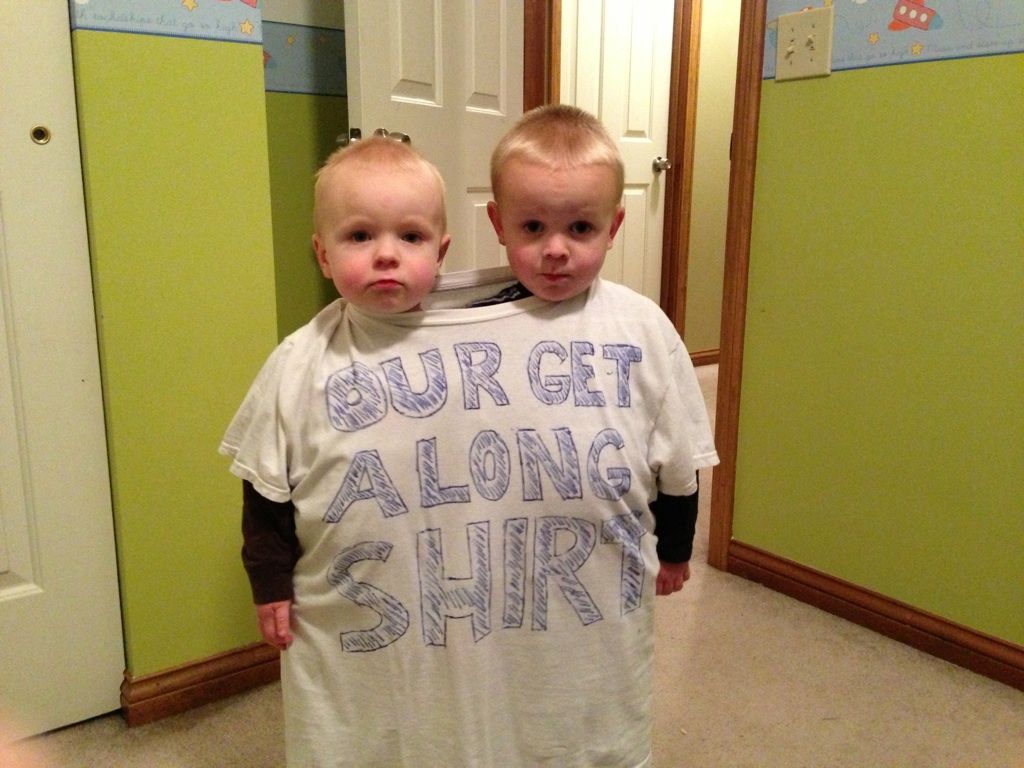 A parent for a child is, first of all, a source of protection, children need the care of a strong and responsible adult who is a priori higher and dominates, but not in order to subjugate and oppress, but in order to help and protect. When a secure attachment is formed, a very close bond is established between the child and the parent, which greatly simplifies the interaction and makes the baby obedient. When punishing a child, it is important to maintain a respectful attitude towards him.
A parent for a child is, first of all, a source of protection, children need the care of a strong and responsible adult who is a priori higher and dominates, but not in order to subjugate and oppress, but in order to help and protect. When a secure attachment is formed, a very close bond is established between the child and the parent, which greatly simplifies the interaction and makes the baby obedient. When punishing a child, it is important to maintain a respectful attitude towards him. -
In order for the lesson to be learned, the child, first of all, must understand, realize what he is wrong about, feel the consequences of his misconduct. And these consequences are not the belt or the cry of an angry parent, not the deprivation of sweets or the prohibition to leave the house. It is something that follows directly from what has been done. For example, if you were late home and didn’t call, it means that you don’t know how to plan your time and it’s too early for you to go out in the evenings with friends.
You scream and cry on the playground or in the store - I'm very sorry, but it spoils my mood so much that now I don't want to continue the walk anymore and we will have to return home. If you didn’t do your homework on time, then you have to do it before going to bed instead of a cartoon or evening reading. If you offended someone and did not apologize, then they will no longer want to play with you. The essence of this method is that for every action the child receives a response from life itself. This helps him gain an orientation in how the world works. It is this tactic that teaches children to anticipate the consequences of their actions in the future, to feel regret for what turned out badly.
-
Under no circumstances should a child have doubts that his parents love him for who he is. He must understand that he will be accepted regardless of his actions. That is why when punishing, it is important to focus on the offense, and not on the personality characteristics of the child.
 If, for example, a kid, while playing with food, spills soup, you should not tell him that he is a "blunder" - just explain why his act is bad and offer him a cleaning rag to consolidate the experience gained.
If, for example, a kid, while playing with food, spills soup, you should not tell him that he is a "blunder" - just explain why his act is bad and offer him a cleaning rag to consolidate the experience gained. -
When punishing a child, focus on staying in an adult position. If at the moment of a conversation with a child the parent feels irritation or despair, this means that he has been knocked out of the position of an adult. This often happens when children's tears, whims and tantrums awaken the inner child in us - then we become helpless. In this case, you should ask yourself the question "How old am I now?", step aside, cool down a bit and only after that return to the conversation. For example, in a situation where a child refuses to turn off the TV, but a large number of cartoons is definitely not good for him, a mother from an adult position can say this: “I'm sorry, but I can't let you watch the second cartoon, because if you watch two in a row, then you have a tantrum, and everyone’s mood deteriorates.
 ”
” -
Be consistent, consistent and predictable in your demands and reactions. This means that within the family there must be some unified concept of what is possible, what is not, what is good and what is bad. The child must be initiated into the nuances of this concept and firmly know what he can be punished for. At the same time, the way the parents react should not depend on the mood, the weather outside the window and the time of year. For example, if a mother in a good mood asks a child to turn off the TV, and he starts to act up and does not turn it off, she, smiling, allows him to continue. But in the same situation, if the mother is in a bad mood, she starts to quarrel, scream and most likely punish the baby. In this state of affairs, the child is simply not able to learn what he can and cannot do.
-
It is very important to use so-called "temporary" language, rather than permanent language, when talking to a child about bad behavior. For example, “You just broke a toy, now you have to play without it for a while” instead of saying “You always break everything! I will never buy you toys again.
 ” Using words such as “never, never, to anyone,” you risk not fulfilling this promise and losing trust.
” Using words such as “never, never, to anyone,” you risk not fulfilling this promise and losing trust. -
Punishment must be age-appropriate. It is useless to try to explain something and give lectures to a two-year-old kid, because he is simply not able to learn what you are telling him about and cannot concentrate voluntary attention for more than five minutes. In the same way, it does not make sense as a punishment to forbid a teenager to eat sweets.
-
Punishment must be just and proportionate to the seriousness of the act.
-
In no case should you frighten and intimidate a child - this is a sure way to teach him to lie and get out.
-
Always, under any circumstances, remember the greatest value that we have - the emotional connection with the child. After all, if you think about it, it becomes obvious that not a single spoiled sofa or a bad mark at school, an extra 30 minutes at the computer or a lost phone is worth breaking this connection, darkening the image of the inner parent that each of us hears somewhere in soul when it needs protection, support, love and acceptance.

Read also:
If parents are perfectionists: 6 injuries from childhood
From what age the child needs his own smartphone: Psychologist's opinion
Photo: Antonio Guillem/Shutterstock
Psychology of Psychology of Psychology of Psychology of Psychology
For parents. Principles and rules of punishment
Home / Outside of studies / Psychological service / For parents. Principles and rules of punishment
- Parents must determine for themselves what they want and do not want to see in their child's behavior. And he, in turn, must also know what is acceptable in his actions and what is not. Only under this condition will the punishment be perceived as fair. There should not be too many rules, and they should be clear to your child. Then they will be easy to follow.
- The child must understand why he is punished. First, talk to him, recall the rules that were established and which he violated, tell what his actions and deeds led to punishment, and be sure to listen to his explanations.
 If at this moment he is in a state of anger, irritation, for example, when he had a fight with someone, was very offended by someone and shows aggression, stop him, try to keep him, do not let him act. Only when he calms down a bit, you can talk to him.
If at this moment he is in a state of anger, irritation, for example, when he had a fight with someone, was very offended by someone and shows aggression, stop him, try to keep him, do not let him act. Only when he calms down a bit, you can talk to him. - You must not humiliate a child, use negative epithets and insults: “You will never make a normal person”, “Your hands do not grow from there”, “You are the same as your father”, “Why did I give birth to you”, etc. . It is necessary to evaluate not the personality of the child, but only his offense. After all, there is a fairly constructive and effective way of expressing your dissatisfaction, while telling what emotional response they evoked in you, this is called “I-statement”: “Today it hurts me a lot because you offended my grandmother”, “I am upset with your behavior in a technical school, and I was very ashamed to hear from the teachers about you and your behavior.
- And in general, try to talk with your children as often as possible, at every opportunity, place emphasis on what is happening, discuss daily events, his actions.
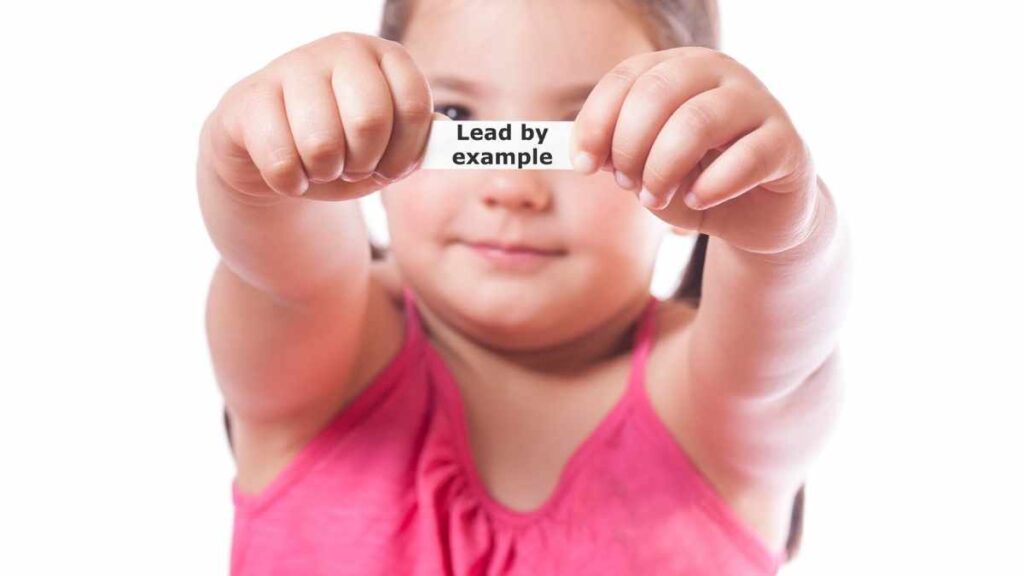
- When punishing a child, do not shout, do not get angry: you cannot punish when you are in a fit of anger, irritated when the child has fallen "under a hot hand." It is better to cool down yourself, calm down and only then punish the child.
- The defiant, demonstrative behavior of the child, obvious disobedience must be answered confidently and decisively. You need to be ready for this and firmly make demands that would limit such behavior. This should not be ignored. He must realize that this is unacceptable.
- In the family there must be a unity of views on the process of raising and punishing a child. All adults should have the same requirements for the child. If something is impossible, then it really is impossible. And if one parent forbids something and punishes for it, and the other allows it, then very quickly he learns to manipulate adults.
- We need your consistency in actions, and not the banal punishment of the child from case to case.
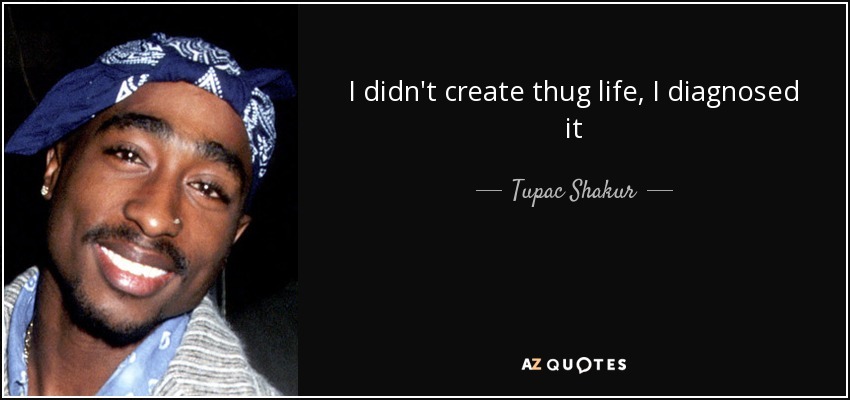 It is impossible to punish today for some kind of misconduct, and tomorrow, when mom will have no time, do not pay attention to the same thing. If so, over time, your prohibitions will not be taken seriously.
It is impossible to punish today for some kind of misconduct, and tomorrow, when mom will have no time, do not pay attention to the same thing. If so, over time, your prohibitions will not be taken seriously. - It is not necessary to punish a child twice for the same offense. When punishing children, do not remember past misconduct, remember that you are punishing for a specific act that was committed right now.
- With any punishment, the child must not be deprived of the satisfaction of his physiological and biological needs (for example, to deprive him of sleep, food).
- Some parents, when punishing their child for some misdeeds, use as a punishment a reinforced “outfit” in the kitchen, additional classes in some academic subject. But this is not desirable. Firstly, it can develop a stereotype in children that work is a punishment. And secondly, it will form a negative attitude towards this type of activity.
- With any punishment, the child must be sure that he is still loved, and even being punished, he is not left without parental love.

